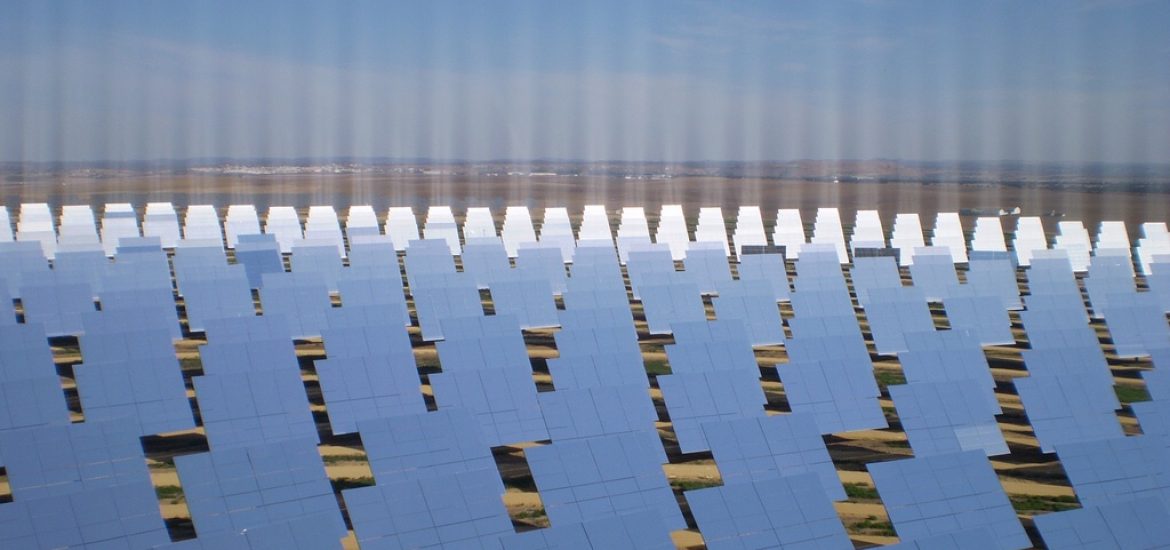
Seven EU member states – Bulgaria, Spain, the Czech Republic, Cyprus, Hungary, Luxembourg and Greece –missed a 2018 deadline to submit to the European Commission their energy and climate plans to meet 2030 targets.
The commission’s called for substantial proposals that could be evaluated.
Bloc members were due to submit National Energy and Climate Plans (NECP) before 2019 for Brussels to evaluate their policies to push ahead with renewable production.
The commission wanted to assess the strategies and whether they would help reach overall targets for 2030 and commitments from the 2015 Paris climate agreement.
Spanish environmental minister Teresa Ribera tweeted that her Socialist government only took power in June and she had discarded what the outgoing right-of-centre People’s Party had prepared. She said “not a single word had been written” of the policy draft.
The reforming Ribera has overseen Spain’s policy switch to 100 per cent renewable power by 2050 and to axe nuclear and coal power by 2030.
She said the draft would be submitted in Brussels soon.
Spain also plans a ban on new gas and oil exploration.
Greece said its plans were being finalised and would be submitted at the end of the month.
The 140-page German report was only partially complete and “provisional” while listing five problems that remain unclear, such as efficiency and power grid extensions.
Berlin’s report said final targets could only be detailed once the conclusions of the contentious coal exit commission and transport task force on transport were published.
Luxembourg’s former Greens MEP Claude Turmes recently took over the energy ministry and reportedly began redrafting the report.
Ireland’s policy would not deliver the kind of carbon emissions reductions Dublin had committed to and would result in significant “compliance costs”, according to its NECP.
Ireland’s final plan is due to be published by the end of 2019.
Irish Minister for Climate Action Richard Bruton said: “The purpose of the NECP is to chart a sustainable path for Ireland in a decade when it is projected that the number of households will grow by 380,000 and GDP by 30 per cent.”
Renewable energy would rise from 30 per cent to “at least 55 per cent” by 2030 with the increasing use of offshore wind, solar and biomass, Ireland forecast. Coal and heavily polluting peat would be removed from electricity generation, almost halving emissions from the electricity sector, while electric vehicles would make up about 20 per cent of Irish vehicles, Dublin predicted.
France only submitted in a partial draft, which is yet to take into account President Emmanuel Macron’s November proposals for the country’s climate future.
Macron said France would boost renewables, axe coal power and maintain the nuclear sector to go carbon neutral by 2050.
“We need to get off fossil fuels,” Macron announced, berating previous administrations for doing too little to support the transition towards renewable energy.
The new government in Spain has taken giant strides to cut its carbon footprint. Picture credit: Flickr





